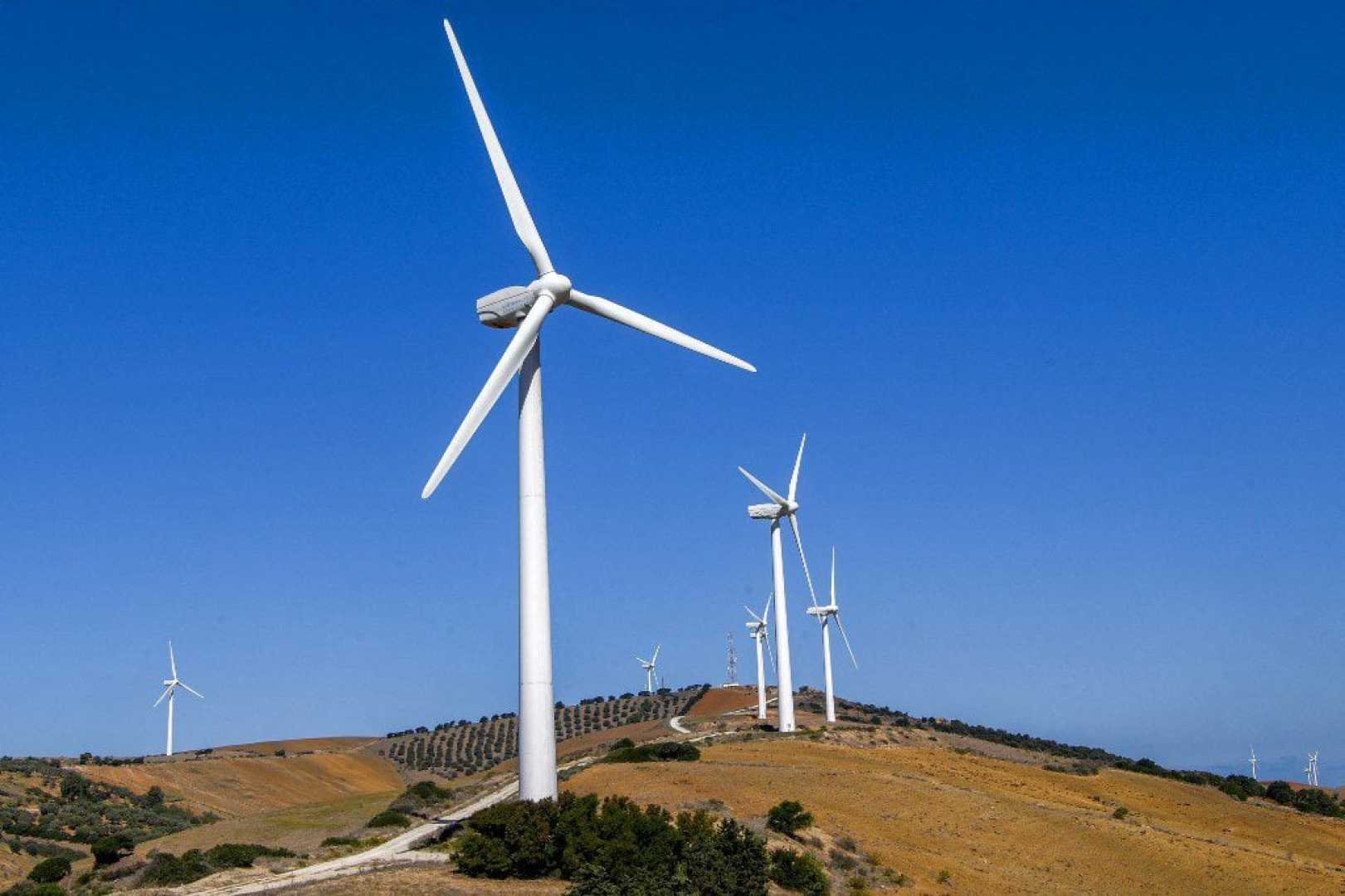Business
Tunisia’s Energy Transition: A Path to Dependency or Sovereignty?

TUNIS, Tunisia — In 2023, Tunisia imported nearly half of its natural gas needs, heightening its exposure to price volatility and energy insecurity. As the country aims to become a renewable energy hub, it faces a critical question: Is this energy transition truly about national sustainability, or is it fostering a new era of dependency?
The Tunisian government has set an ambitious target of achieving 35% renewable energy by 2030. However, achieving this goal may be more aspirational than realistic due to the nation’s significant reliance on fossil fuel imports and existing governance challenges. Experts warn that without addressing these structural issues, Tunisia risks a form of green colonialism, where it produces clean energy for export while its citizens continue to struggle with energy access.
The urgency of Tunisia’s energy transition encompasses more than just technological advancements; it is also linked to governance, equity concerns, and the need for genuine civil society engagement. As noted by Yasmina El Amine during a recent roundtable discussion, the energy sector’s historical focus on serving foreign investment interests leaves little room for local development.
External influences, including initiatives from the European Union (EU) and international financial institutions like the World Bank, often prioritize external markets over Tunisia’s domestic needs. This dynamic raises alarms over potential governance failures, particularly when international funding comes with conditionalities that prioritize investor interests.
Meanwhile, Tunisia is being promoted as a prime investment destination for renewable energy, ranking 20th in Climatescope 2023. Several foreign investors are expressing interest in the country’s energy sector, despite the significant risks these investments pose to Tunisia’s energy sovereignty.
The Green Hydrogen Valley project exemplifies these tensions, aimed at positioning Tunisia as a key exporter of green hydrogen. However, the project’s reliance on desalination could strain water resources in a country already facing severe water shortages, with about 27% of its population lacking reliable access to clean water.
Civil society organizations, like Tunisia’s Observatory of Water and the Tunisian Forum for Economic and Social Rights (FTDES), raise critical concerns that local water could be redirected for European energy needs. In response to such issues, grassroots movements have emerged, advocating for the prudent management of natural resources and emphasizing that energy projects should not come at the expense of essential services.
Tunisia’s national electricity provider, the Tunisian Electricity and Gas Company (STEG), is mandated to buy electricity from private investors at inflated rates. Critics argue this prioritizes foreign profits at the expense of domestic affordability and raises local electricity costs.
Many Tunisians, including labor unions and environmental groups, have voiced concerns over a lack of transparency in the energy agreements, suspecting they mainly benefit European markets. Activism surrounding projects like ELMED stresses the importance of understanding the terms of contracts and ensuring that Tunisia does not become locked into a model centered around energy exports without securing genuine long-term benefits.
To mitigate risks, Tunisia must reconsider its approach to international partnerships, aiming for diversification and community-led energy projects that ensure local benefits and fair resource management. Countries like Morocco and Egypt have faced challenges in their renewable transitions, from land rights disputes to inequitable energy distribution, offering lessons on prioritizing local community engagement and legal safeguards.
As calls for governance reforms grow louder, including stronger regulatory oversight and the mandatory inclusion of local communities in decision-making processes, the future of Tunisia’s energy landscape remains uncertain. Civil society’s role in advocating for transparency, social justice, and accountability is essential, yet they face significant challenges in an authoritarian political climate.
Ultimately, ensuring a just energy transition in Tunisia will require more than just technological advancements or foreign investments. Without urgent governance reforms, the risk of replicating past dependency patterns will persist, threatening local communities with rising costs while foreign entities reap the benefits of Tunisia’s renewable resources.












